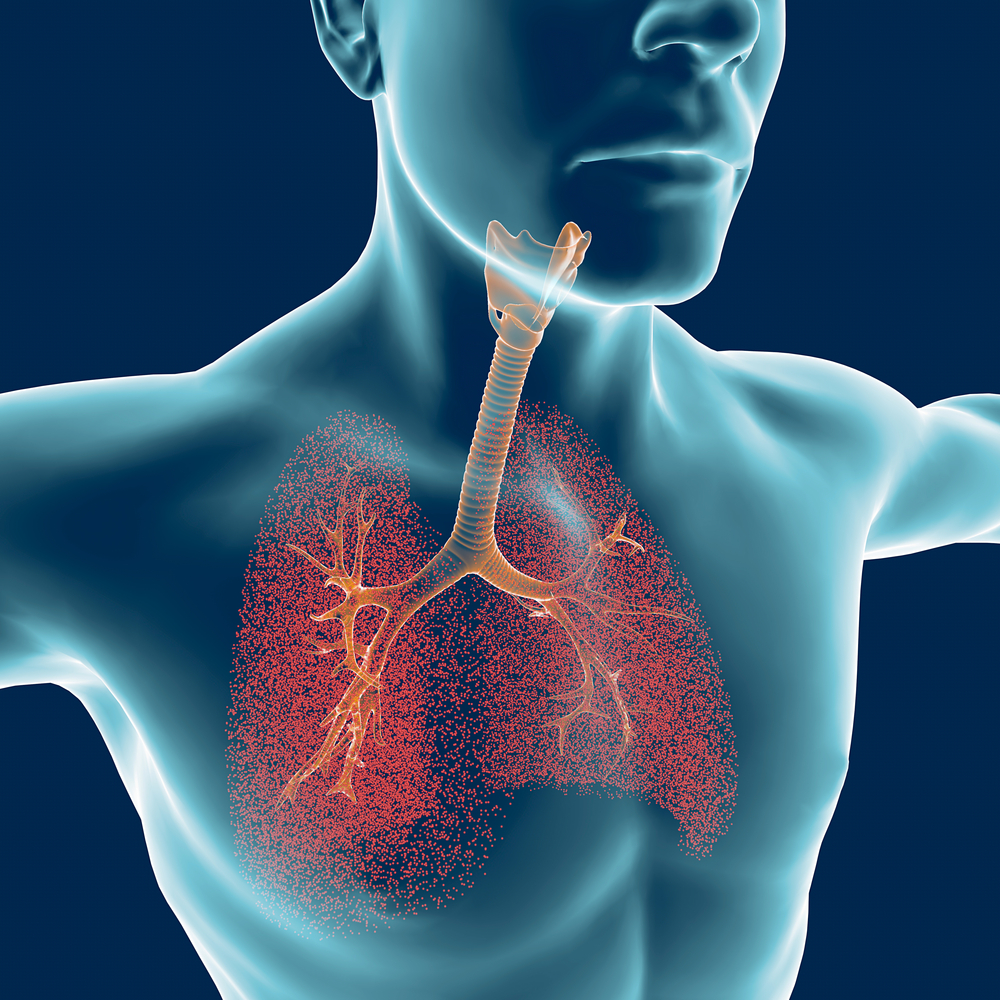Cancer Marker NEDD9 Could Be a Therapeutic Target for PAH, Study Suggests

A cancer marker called NEDD9 is a critical mediator of pulmonary arterial hypertension (PAH) and could be a therapeutic target, according to new research.
The study, “NEDD9 targets COL3A1 to promote endothelial fibrosis and pulmonary arterial hypertension,” was published in the journal Science Translational Medicine.
Fibrosis (scarring) is an important source of damage in lung arteries of patients with PAH, resulting in an increased effort of the heart’s right side along with symptoms such as shortness of breath, fatigue, dizziness, and chest pain.
While scientists had hypothesized that the development of fibrosis was controlled by a common molecular pathway, recent evidence indicated that it may be specific to different kinds of tissue.
With the goal of unraveling genes and proteins regulating fibrosis specifically in pulmonary arteries, researchers at Brigham and Women’s Hospital in Boston used network medicine, an approach that maps relationships between proteins to study complex diseases.
Results revealed that the protein NEDD9, a well-known cancer metastasis marker, is a key mediator of fibrosis in lung blood vessels.
Discuss the latest research in the PH News forum!
Specifically, oxidation of a single amino acid (the building blocks of proteins) impaired binding of NEDD9 with a protein called SMAD3 — involved in transmitting chemical signals from the cell surface to the cell nucleus — critically promoting vascular fibrosis.
This effect was confirmed in cultured human pulmonary artery endothelial cells, suggesting that cells lining the interior surface of lung blood vessels (the endothelium) contribute to PAH.
Researchers also observed that NEDD9 led to increased production of a protein called collagen III — found in connective tissues — which was associated with changes in cell stiffness. Increased NEDD9-mediated expression of collagen I/III in pulmonary artery smooth muscle cells was also linked to vascular fibrosis.
Of note, the investigators found colocalization of NEDD9 with collagen III in fibrotic lung blood vessels from PAH patients. Also, deleting or inhibiting the NEDD9 gene in animal models of PAH prevented vascular remodeling and the development of pulmonary hypertension.
“This work suggests that therapeutic targeting of NEDD9 may be effective for combating vascular fibrosis in PAH,” the scientists wrote.
“Our work identifies [NEDD9] as a novel molecular target to prevent fibrosis in lung arteries, which can lead to early right-sided heart failure and death,” Bradley Maron, MD, the study’s senior author, said in a press release. “Our data provide an alternative mechanism that may account for the variability in fibrosis observed across subgroups of patients with PAH.”







